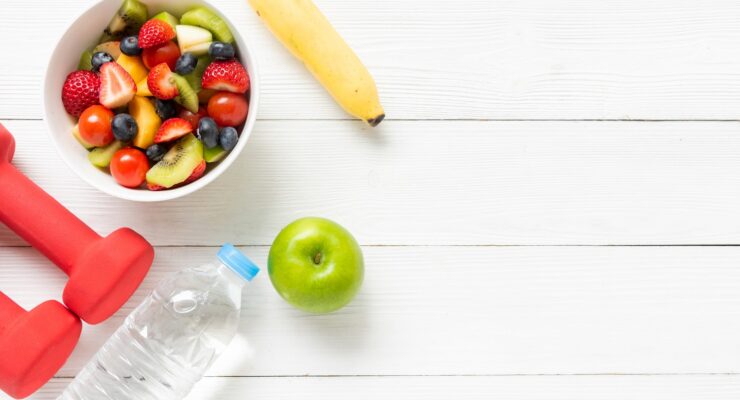Are You Getting Enough Vitamin D?
Article posted in: Lifestyle
When it comes to bone health, calcium tends to get all the credit. But vitamin D plays an important role in boosting your bones as well. That’s because this nutrient is necessary for proper calcium absorption, and is essential to maintaining the proper balance of calcium in the blood. Without adequate vitamin D, you could experience bone loss, and you’re more likely to break bones as you age.
Scary stuff, especially considering that vitamin D is not naturally found in many foods. Egg yolks and fatty fishes like wild-caught mackerel, salmon and tuna are some of the only natural dietary sources of vitamin D. Some brands of milk and dairy products, orange juice, soy milk and cereals are fortified with vitamin D. But other than that, dietary vitamin D is hard to come by.
There is one bright spot: vitamin D is synthesized when your skin is directly exposed to the sun—hence its nickname the “sunshine vitamin.” But the amount of vitamin D your skin makes depends on a number of factors, including the time of day, the season, and the latitude at which you live, among others. So how do you know if you’re at risk of vitamin D deficiency? According to the National Osteoporosis Foundation, the following groups of people may not be getting enough of the sunshine vitamin:
People with darker skin
The darker your skin, the more sun exposure you need to get the same amount of vitamin D as a fair-skinned person.
People who spend a lot of time indoors
If you’re housebound, work nights or generally don’t see daylight, you could be at increased risk of vitamin D deficiency.
People who cover their skin often
Since direct sunlight is required for your body to synthesize vitamin D, if you wear sunscreen or often cover up your arms and legs, your body may not produce sufficient amounts of this nutrient.
People who live in Northern states or in Canada
The further removed you are from the equator, the fewer hours of overhead sunlight you experience, and the less likely your skin is to produce sufficient levels of vitamin D.
Older people
Some experts contend that because the elderly have thinner skin, they may not be able to create as much vitamin D as younger counterparts.
Pregnant women
Vitamin D isn’t just important for your bone health—it’s important for your developing baby’s health as well. If you don’t get enough vitamin D when you’re pregnant, your baby’s bones can become soft and are more likely to break. Plus, your baby is more likely to develop a bone condition called rickets.
People who are very overweight or obese
Individuals with excess body fat tend to have lower vitamin D levels, so those who are overweight or obese have a higher risk of having inadequate levels of vitamin D.
Although not everyone with a vitamin D deficiency experiences symptoms, some common complaints include fatigue, weakness and general aches and pains. If you think you may be at risk of a D deficiency, you should consult your physician, who may order a blood test to check your levels or may recommend supplementation.






